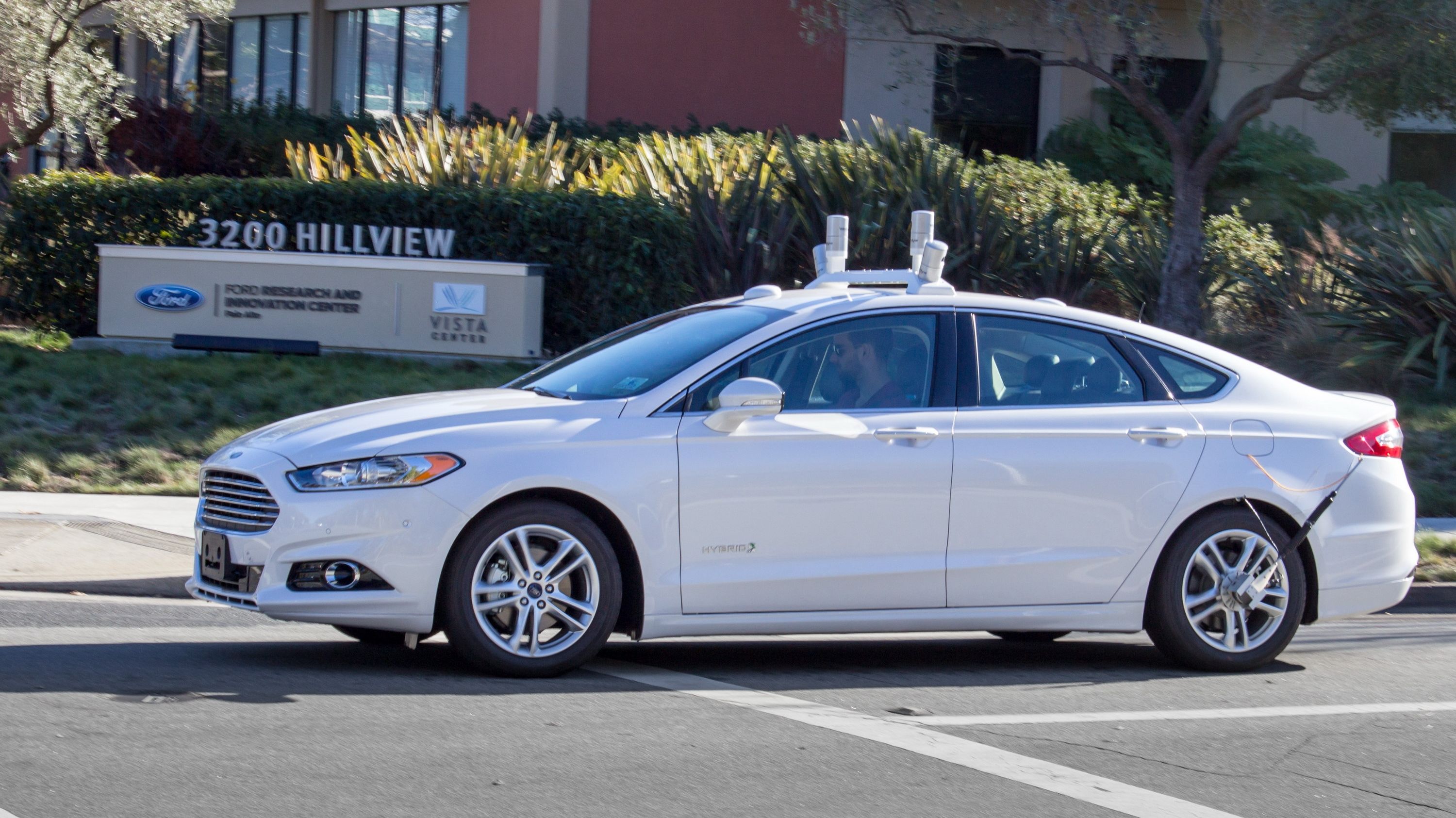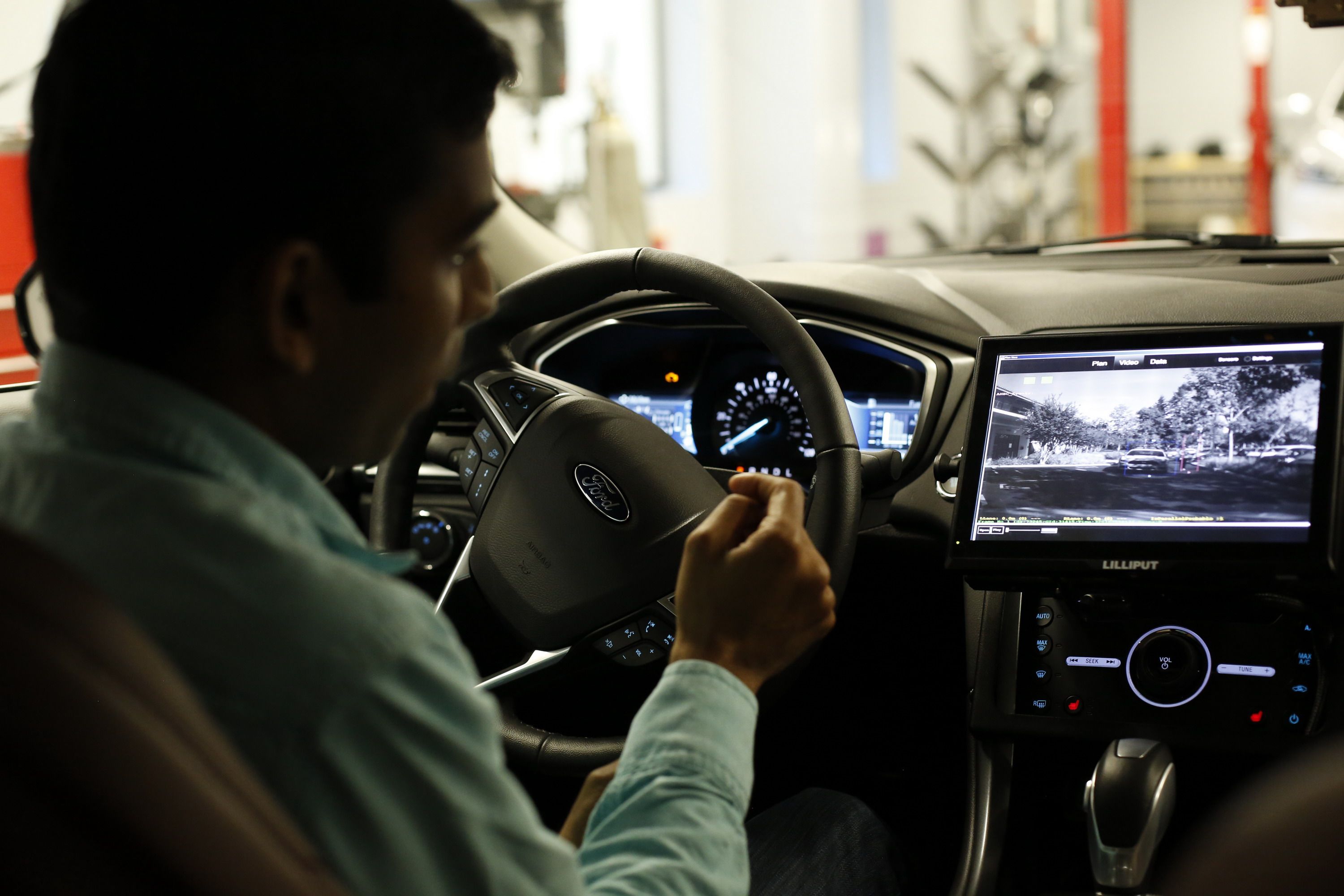Ford’->ke31s presence in Silicon Valley was established back in 2012 with nothing more than a 15-person office, and just last January, Ford expanded that into a research facility with a team of more than 100 people. In that new facility, researchers, engineers and scientists have been working on automotive advancements like Camera-based pedestrian detection, sensor fusion, and other autonomous-driving technology – supporting Fords Smart Mobility plan.
Ford’s integration of its new research facility isn’t the only thing the automaker has achieved this year. Just this week, Ford announced that it has secured a permit to begin testing fully autonomous vehicles on public roads. The permit is limited to the Ford Fusion Hybrid, and Ford will be free to begin testing the Fusion’->ke433s autonomous->ke5282 capabilities on public roads in 2016. Ford has yet to release information on exactly when it will begin testing, but given how seriously it is taking the advancement of autonomous vehicles, connectivity and mobility, it’s a safe bet they’ll starting popping up on Cali roads sooner than later.
Obtaining the testing permit is a huge step in Ford’s Smart Mobility plan, and it was made possible by the team it has compiled in what is now the one of the largest automotive manufacturer research facilities in the region. Mark Fields, Ford’s CEO and President, said, “Our Palo Alto team has grown significantly this year, using research and innovation to explore and develop future mobility solutions,” he continued, “We’re attracting top talent from around the world to join our team in Silicon Valley, including employees from local technology->ke1701 companies and universities who want to make people’s lives better by changing the way the world moves.”
Continue reading for the full story.
Why it matters
Needless to say, Ford isn’t playing around when it comes to its Smart Mobility Plan. Granted, Ford isn’t the first automaker to test autonomous vehicles – not by a long shot. Other manufacturers on the list include Volkswagen,->ke94 Mercedes-Benz,->ke187 Tesla,->ke1842 Nissan,->ke62 BMW,->ke178 and Honda.->ke34 Other companies include Google (obviously), Delphi Automotive, and Cruise Automation. This can lead us to two different conclusions. The first being that there is potentially a lot of self-driving cars out there, obviously performing quite well so far. The second, and probably most important, is that our society is making clear advances in technology and the way we travel – be it short or long distances – will be changing in the years to come. Ten years from now, taking a trip to the store or your cousin’s house across the country just might be a completely different experience compared to what we’re currently accustomed to. Who knows, at this rate we just might see the idea of mainstream flying cars become a reality in the future.
Ford Fusion Hybrid
Read our full review on the Ford Fusion Hybrid here.


